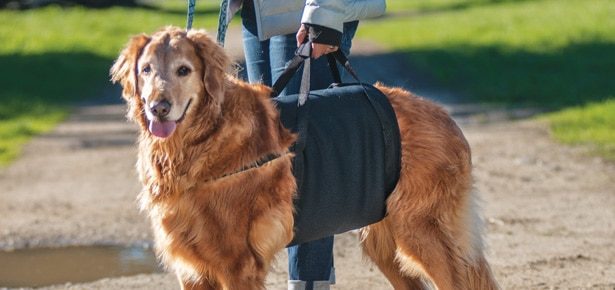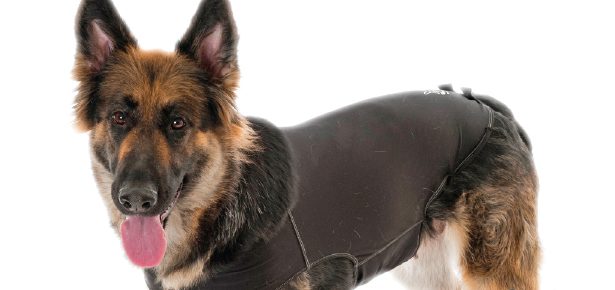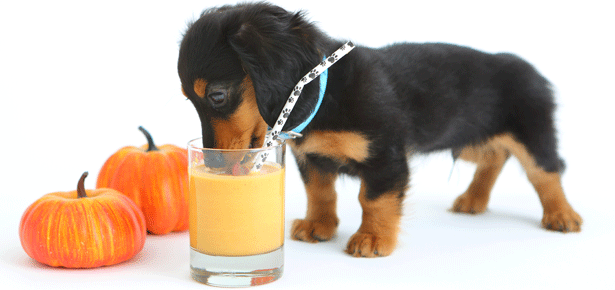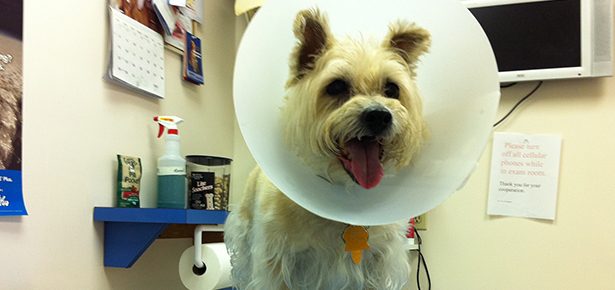

The Smell of Your Stress is Affecting Your Dog’s Behaviour
Study shows dogs are more pessimistic after smelling an anxious person’s sweat
A dog’s sense of smell is truly incredible. Their noses—up to 100,000 times more sensitive than our own—can detect different types of cancer, including melanoma, colorectal, lung, ovarian, prostate, and breast cancers, follow scent trails that are up to two days old (trained Bloodhounds have been known to follow trails even weeks later!), and sniff out bombs and landmines. They can also detect stress in humans.
Now, a 2025 study shows that how you smell when you are stressed may influence how your dog behaves.
The study, published in the journal Scientific Reports, found that dogs were more pessimistic after sniffing a sweat sample from an anxious human.
“For thousands of years, dogs have learned to live with us, and a lot of their evolution has been alongside us. Both humans and dogs are social animals, and there’s an emotional contagion between us,” the lead author of the paper, Zoe Parr-Cortes, told Scientific American. “Being able to sense stress from another member of the pack was likely beneficial, because it alerted them of a threat that another member of the group had already detected.”

koldunova/Bigstock
The UK researchers enlisted 11 human volunteers, collecting sweat, saliva, and breath samples after having the volunteers perform math and public speaking tasks, and again after watching relaxing nature videos.
18 dogs were then taught that there were two bowls in specific locations in a room—one always containing food, and the other not. Then, new bowls were introduced in new spots to see how the dogs would respond to these novel placements.
“Do they approach quickly, optimistic that there’s going to be a food reward in there, or do they approach more slowly, with a more pessimistic outlook that there might not be food in that bowl?” Parr-Cortes told NPR.
After sniffing sweaty cloths from anxious humans, the canines were slower to approach the new bowls, suggesting the canines were less likely to believe they contained a treat. The relaxed human scent didn’t have any notable effect on the dog’s behaviour.
Katherine A. Houpt, a professor emeritus of behavioral medicine at the Cornell University College of Veterinary Medicine has another explanation:
“It might not be that it’s changing their decision-making but more that it’s changing their motivation for food,” Houpt told Scientific American. “It makes sense, because when you’re super stressed, you’re not quite as interested in that candy bar.”
Scientists say the study findings show that dogs are highly sensitive to even strangers’ emotions.
Regardless, scientists say the study findings show that dogs are highly sensitive to even strangers’ emotions.
“Importantly, it highlights how in-tune dogs are at picking up on mood,” Parr-Cortes told NPR. “So, keeping your relationship with your dog…based on positive reinforcement and happy, fun engagement is the best way to have a good relationship and a happy dog.”
This article originally appeared in the award-winning Modern Dog magazine. Subscribe today!
Join the newsletter and never miss out on dog content again!
"*" indicates required fields
By clicking the arrow, you agree to our web Terms of Use and Privacy & Cookie Policy. Easy unsubscribe links are provided in every email.





